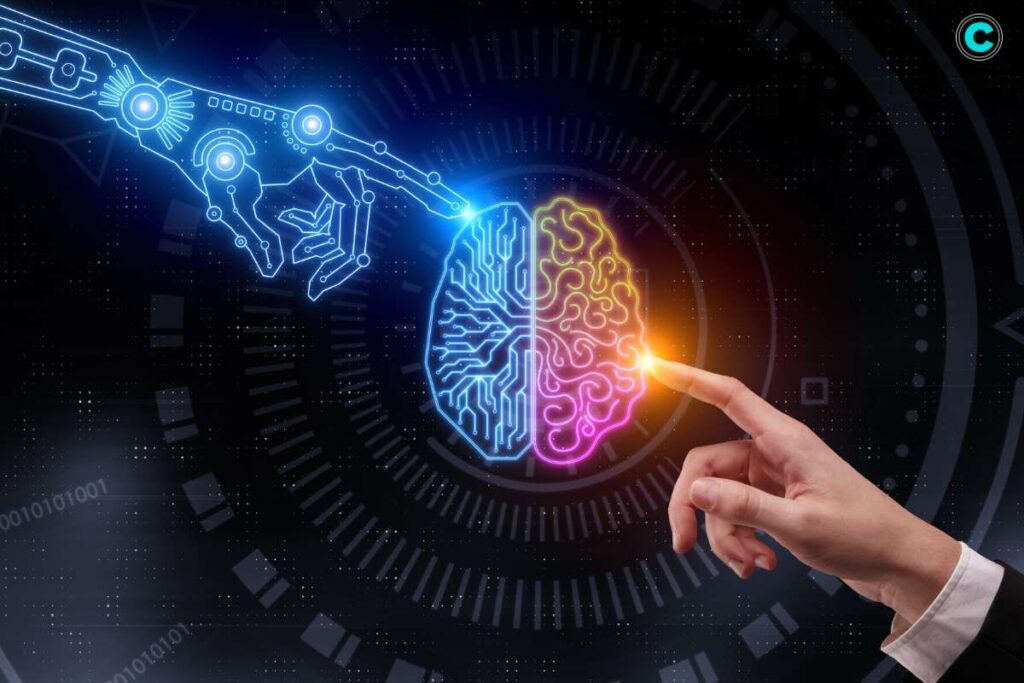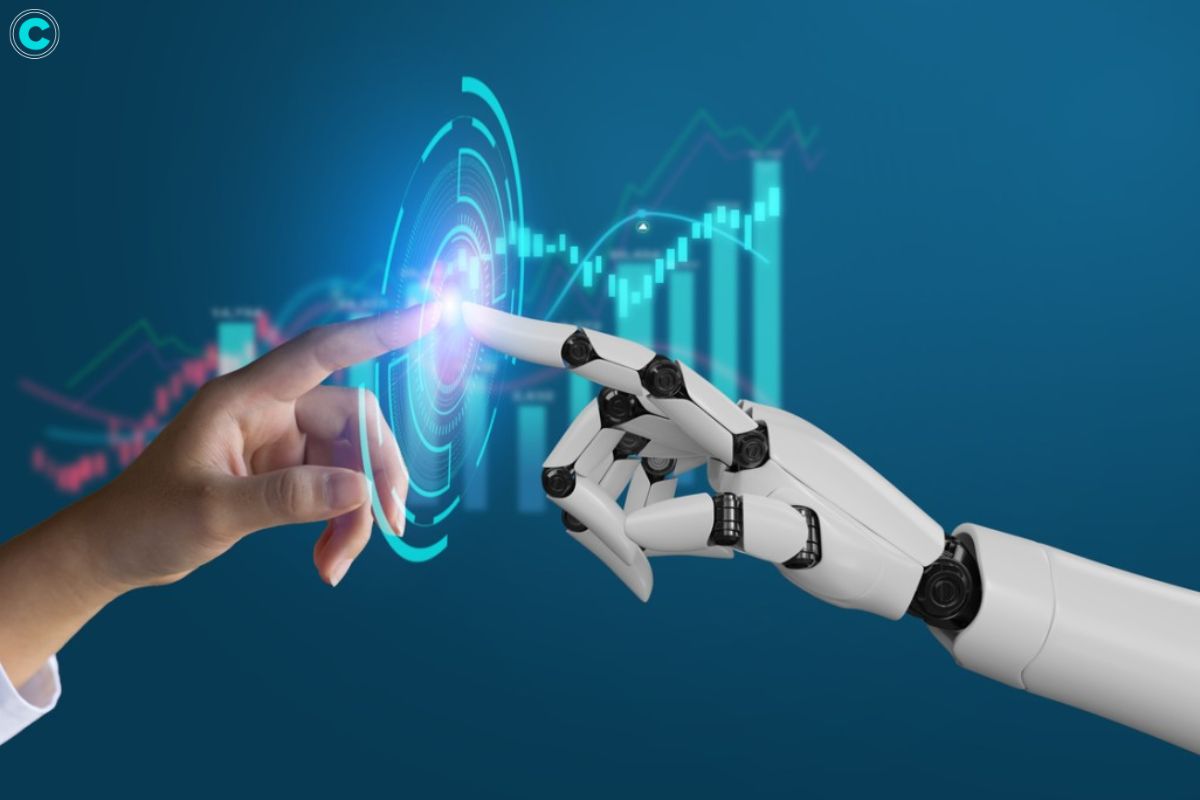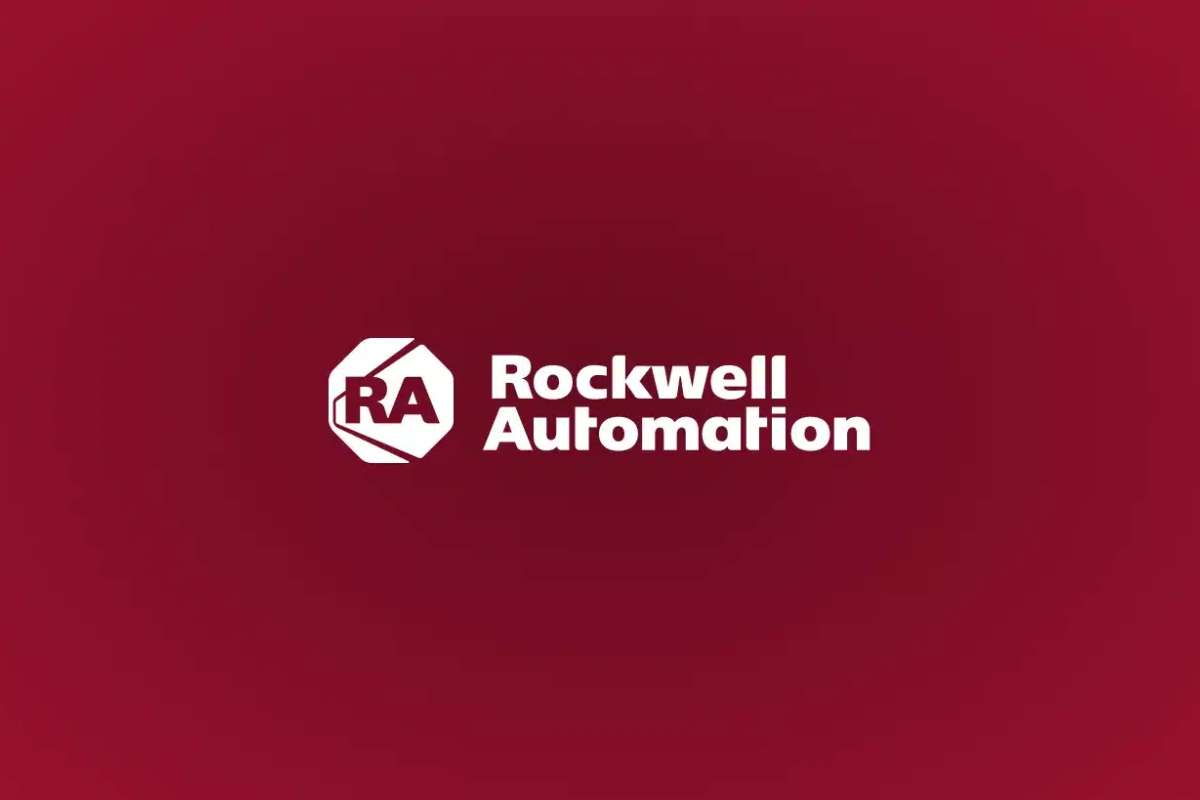(Source – LinkedIn)
In today’s digital world, businesses are always on the lookout for new ways to stay ahead of the competition. And one method that’s been really successful lately is AI lead generation. What does that mean? Well, it’s all about using artificial intelligence to make the process of finding potential customers a whole lot easier and more efficient. In this article, we’ll take a closer look at how AI lead generation works, the advantages it brings, and how you can start using it in your own business strategy.
What is AI Lead Generation?
It is the use of artificial intelligence technologies to identify and qualify potential customers for a business. This approach involves using machine learning algorithms, predictive analytics, and data processing tools to analyze vast amounts of data and predict which prospects are most likely to convert into customers.
Benefits of AI Lead Generation
- Increased Efficiency: AI can process large datasets much faster than humans, identifying patterns and insights that would take a person significantly more time to uncover.
- Better Targeting: These tools can analyze customer behavior and preferences, allowing businesses to target their marketing efforts more precisely.
- Cost-Effective: By automating the lead generation process, businesses can save on the costs associated with manual lead generation and improve their return on investment.
- Enhanced Personalization: AI can help create more personalized marketing messages, increasing the likelihood of engaging potential leads.
- Improved Lead Quality: AI tools can rank and prioritize leads based on their likelihood to convert, ensuring that sales teams focus their efforts on the most promising prospects.
How AI Lead Generation Works?

It typically involves several steps:
- Data Collection: AI tools gather data from various sources, such as social media, website interactions, and customer databases.
- Data Analysis: Machine learning algorithms analyze the collected data to identify patterns and trends.
- Lead Scoring: AI assigns scores to leads based on their behavior and interactions, predicting their likelihood to convert.
- Lead Nurturing: AI can automate follow-up emails and other communications, keeping potential customers engaged.
- Conversion Optimization: AI continuously learns from the data and optimizes the lead generation process to improve conversion rates.
Implementing AI Lead Generation in Your Business
- Choose the Right AI Tools: There are various of these tools available, such as HubSpot, Marketo, and Salesforce Einstein. Research and select the one that best fits your business needs.
- Integrate with Existing Systems: Ensure that the tool you choose can seamlessly integrate with your current CRM and marketing automation systems. This will facilitate smoother data flow and better coordination between different functions.
- Define Your Target Audience: Clearly identify your target audience based on demographics, behavior, and preferences. This will help the AI tool to better understand and segment your leads.
- Set Clear Goals: Establish what you aim to achieve with AI lead generation, such as increasing the number of qualified leads, improving conversion rates, or reducing customer acquisition costs. Clear goals will help in measuring the success of your AI initiatives.
- Train Your Team: Provide adequate training to your sales and marketing teams on how to use these tools effectively. This ensures that everyone understands the capabilities of the AI system and can utilize it to its full potential.
- Monitor and Optimize: Regularly review the performance of your AI lead generation efforts. Use the insights provided by the AI tools to refine your strategies and make data-driven decisions.
Examples of AI Lead Generation Tools

- HubSpot: This comprehensive marketing platform offers AI-powered features that help in identifying and nurturing leads through personalized content and automated workflows.
- Marketo: Known for its advanced marketing automation capabilities, Marketo uses AI to score leads, predict customer behavior, and optimize marketing campaigns.
- Salesforce Einstein: Integrated with the Salesforce CRM, Einstein uses AI to provide insights into lead scoring, predictive analytics, and personalized customer interactions.
- Leadfeeder: This tool identifies companies visiting your website, providing detailed information about their behavior and potential interest in your products or services.
- Infer: By analyzing data from various sources, Infer uses predictive analytics to identify high-quality leads and prioritize them for your sales team.
Challenges in AI Lead Generation
While it offers numerous benefits, there are also challenges that businesses might face:
- Integration Issues: Integrating AI tools with existing systems can be complex and time-consuming, requiring significant IT resources.
- Data Quality: AI tools rely heavily on data. Poor-quality data can lead to inaccurate insights and ineffective lead generation.
- Cost: Implementing AI solutions can be expensive, especially for small businesses. It’s important to weigh the costs against the potential benefits.
- User Adoption: Ensuring that your team is comfortable and proficient with AI tools can be challenging. Continuous training and support are essential.
- Privacy Concerns: With increasing data privacy regulations, businesses must ensure they are compliant while collecting and using customer data.
The Future of AI Lead Generation

- Improved Algorithms: As machine learning algorithms become more sophisticated, AI tools will be able to provide even more accurate and actionable insights.
- Increased Personalization: AI will enable businesses to deliver highly personalized experiences to leads, improving engagement and conversion rates.
- Voice and Chatbots: The use of AI-powered voice assistants and chatbots for lead generation will become more prevalent, offering real-time interaction and support to potential customers.
- Enhanced Data Security: With growing concerns around data privacy, AI tools will incorporate advanced security measures to ensure that customer data is protected while still enabling effective lead generation.
- Integration with IoT: As the Internet of Things (IoT) expands, these tools will leverage data from connected devices to gain deeper insights into customer behavior and preferences.
FAQs
1: What is AI lead generation?
It is the process of using artificial intelligence technologies to identify and qualify potential customers. It involves analyzing large amounts of data to predict which prospects are most likely to convert into customers.
2: How does AI improve lead quality?
AI improves lead quality by analyzing data to score and prioritize leads based on their behavior and interactions. This helps sales teams focus on the most promising prospects, increasing the chances of conversion.
3: Are AI lead generation tools expensive?
The cost of these tools can vary widely. While some tools can be expensive, the investment often pays off by improving lead quality and conversion rates. Many providers offer scalable solutions to fit different budgets.
4: Can small businesses benefit from AI lead generation?
Yes, small businesses can benefit from it. There are many AI tools designed for businesses of all sizes, helping them streamline their lead generation processes and compete with larger companies.
5: What data is used in AI lead generation?
These tools use data from various sources, including website interactions, social media activity, CRM databases, and more. This data is analyzed to identify patterns and predict which leads are most likely to convert.

Artificial Intelligence Technology Landscape: Trends, Innovations, and Applications
In today’s rapidly evolving digital landscape, artificial intelligence (AI) stands at the forefront of technological innovation, offering transformative solutions across industries and
Conclusion
AI lead generation is transforming the way businesses attract and convert potential customers. By leveraging the power of artificial intelligence, companies can improve the efficiency and effectiveness of their lead generation efforts. From better targeting and personalization to enhanced lead quality and cost savings, the benefits of AI lead generation are substantial. As technology continues to evolve, businesses that adopt AI in their lead generation strategies will be well-positioned to thrive in the competitive digital marketplace.






